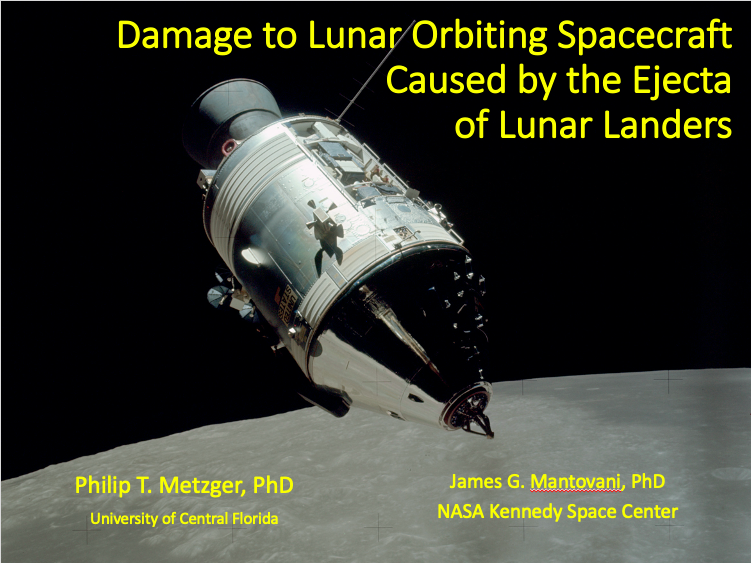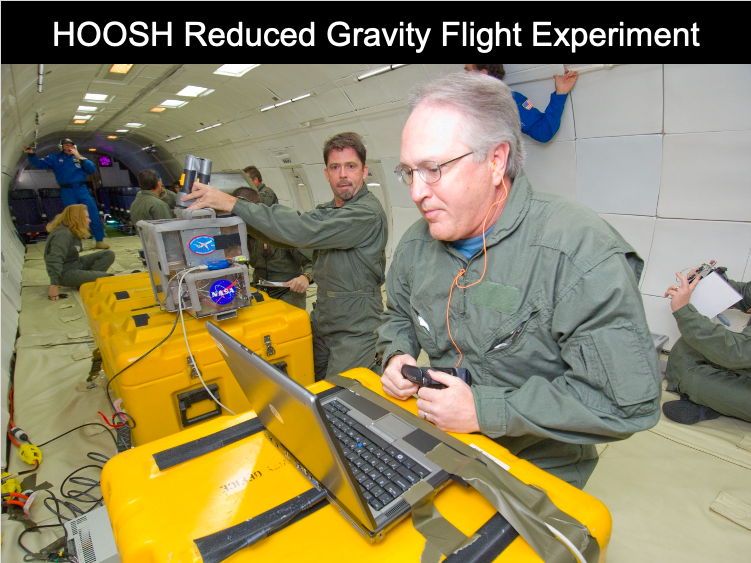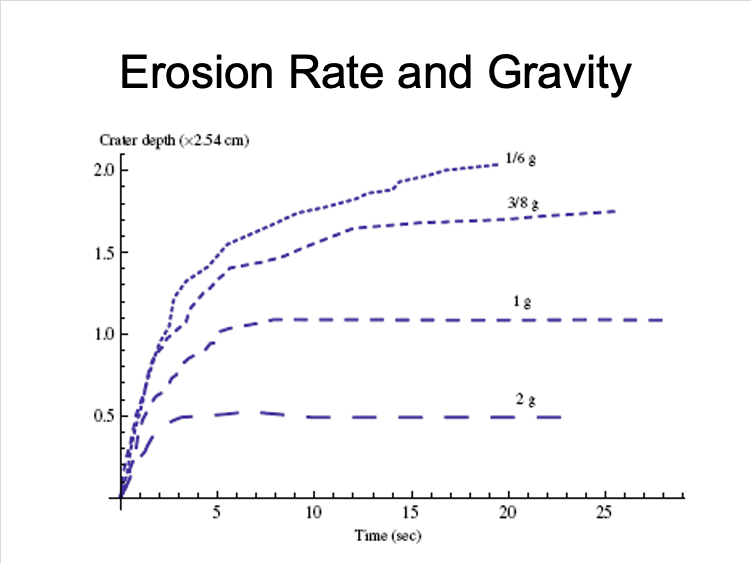
I might as well dive into the other argument, too. Kármán Line vs. 50 miles up. Where does space begin?
Well let’s start by saying the Kármán line is based on a silly thought experiment so it provides no real basis to define the limit of space. It means nothing and is silly.
Well let’s start by saying the Kármán line is based on a silly thought experiment so it provides no real basis to define the limit of space. It means nothing and is silly.
2/ The Kármán altitude is based on how fast a vehicle has to travel to produce enough aerodynamic lift on its wings to support its weight. It depends on how thin the atmosphere is. The higher you go, the thinner the air, so the faster you must move to use wings to stay up. But...
3/ If you go fast enough, then ignoring atmospheric drag you would not need wings at all because you’d be in orbit. So the height where the required speed to use wings is the same as the speed if there were no air — that is the Kármán altitude. But.../
4/ ...to calculate that you have to assume a particular vehicle mass and a wing size and shape. The Kármán line depends on the vehicle. It isn’t a limit in actual physics. And also nobody actually uses the Kármán line for anything because...
5/ ...nobody says, gee, we will be flying at that limit, so let’s design our wings to fall off in case the atmosphere suddenly vanishes then we will be in orbit. It is a thought experiment that has no basis in reality.
6/ it isn’t even an accurate number. Kármán proposed rounding it up to 100 km since it’s just a number and any number is as good as another. So they rounded it up.
Meanwhile, the USAF needed to know when to award astronaut wings to pilots so they picked a round number 50 miles.
Meanwhile, the USAF needed to know when to award astronaut wings to pilots so they picked a round number 50 miles.
7/ The rest of the world didn’t go along with 50 miles since they don’t use English units. So they went with the approximately similar value of 100 km, because that was a round number in the system that *they* were using. Neither number means anything. They’re both arbitrary.
8/ Classification systems are always theory-laden. The USAF theory was “we want a number that is high but not too high so the club is exclusive.” The Euro theory was the same, but with the added thought “Kármán’s thought experiment sounds sciencey.” Not deep theory for either.
9/ We often have multiple classification systems. “Fruit” in everyday life is something different than “fruit” in biology. We don’t insist on using the same classification in different spheres of life.
So the question is, in the sphere of space tourism how do we define “space”?
So the question is, in the sphere of space tourism how do we define “space”?
10/ Since classification is always theory laden, we ask what theory underlies space tourism?
IMO, the only relevant theory is about customer experience. So “space” begins where you can see stars in the daytime and feel zero g long enough to blow your mind.
IMO, the only relevant theory is about customer experience. So “space” begins where you can see stars in the daytime and feel zero g long enough to blow your mind.
• • •
Missing some Tweet in this thread? You can try to
force a refresh









